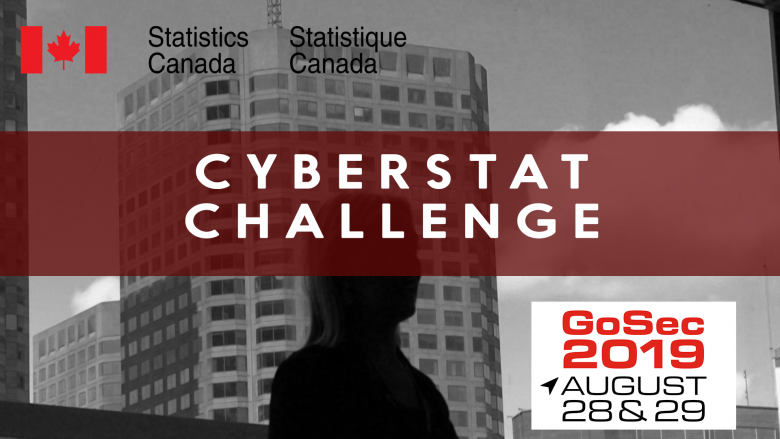While dealing with interconnected and global risks, the cyber-insurance market is rapidly growing. This market is a creature of privacy and data security regulations, and mandatory breach notifications have shaped its business model. Market stakeholders suggest that cyber-insurance provides incentives and resources to insured organizations for improving cybersecurity. This presentation seeks to empirically test this …
By Adeline Veyrinas, Loreena Berthoux and Manon Pamar, University of Montréal This research is based on Statistics Canada data from the 2017 Canadian Cyber Security and Cybercrime Survey of more than 10,000 Canadian companies. Our goal was to highlight the least performing cybersecurity businesses in the following areas: vulnerabilities, reporting cybercrime incidents, cybersecurity measures, …
Par David Brisebois et Thuc-Uyên Tang, Université de Montréal Mise en contexte Avec l’avènement d’Internet et des technologies connexes, de nouvelles opportunités criminelles affectent désormais les entreprises du Canada. À titre d’exemple, des programmes malveillants facilement accessibles et prêts à utiliser – on peut les acheter, les vendre ou les échanger en ligne –, des …
Problems of trust haunt illicit markets, online ones even more so: Actors are pseudonymous, legal institutions are absent, and predation is ripe. Scholars have proposed that problems of trust are solved by reputation systems (i.e. ratings), social ties and centralized administration. This presentation examines the association between competing sources of trust, administrative approval, reputation systems …
By Traian Toma, Université de Montréal and Fiona Westin, Carleton University According to Statistics Canada [1], 92% of today’s Canadian enterprises use digital technology to do business. With pervasive adoption of digital technology comes increased concern over its risks and threats. Virtually every business employs some form of cybersecurity measure to protect itself [1]. However, while …
Les mesures technologiques n’empêchent pas systématiquement les organisations d’être victimes d’attaques informatiques et de violations de données. En effet, la cybersécurité n’est pas uniquement un fait technologie : presque toutes les cyberattaques fructueuses comportent un facteur humain. Les employés peuvent ainsi renforcer la cybersécurité en entreprise, car, dans l’ensemble, la technologie ne peut être la …
Technology-related interventions do not always prevent organizations from becoming victims of cyberattacks and data breaches. Indeed, cybersecurity is not just about technology: almost all successful cyberattacks have a contributing human factor. Employees can bolster organizational cybersecurity as, for the most part, technology cannot be the only solution. However, as much as employees can be a …
Nous avons tous des questions sur la cybersécurité, mais certaines personnes ont les réponses. SERENE-RISC propose une série d’entretiens avec des chercheurs pour en connaître davantage sur leurs travaux, sur eux-mêmes et sur l’avenir de la recherche en cybersécurité et en cybercriminalité. Dans cette dernière partie de notre entrevue, David Décary-Hétu, professeur agrégé à …
Les filtres anti-pourriels ont été développés pour détecter et prévenir efficacement les campagnes d’hameçonnage. Pourtant, les cybercriminels trouvent continuellement de nouveaux moyens d’échapper à ces technologies grâce à des courriels sophistiqués et personnalisés qui exploitent les limites humaines et persuadent les individus d’interagir. Le machiavélisme, le narcissisme et la psychopathie sont connus comme étant la …
Spam filters have been developed to effectively detect and deter phishing campaigns. Yet, attackers continuously find new ways to evade these technologies through sophisticated and personalized e-mails that take advantage of human limitations and persuade people to respond. Machiavellianism, narcissism, and psychopathy are known as the “Dark Triad” of personality traits. Machiavellianism is associated with …






